Competitive matches in video games have for years now been places where the most toxic atmosphere has been developing. It’s probably more noticeable in team-based games than solo ones because 1v1 games don’t give you much room to blame anyone for your loss but yourself. When you are in a team, however, blaming starts coming from all sides as most players believe they played amazingly only to be pulled down by their team.
Publishers of various competitive games have noticed that this trend is pushing away players so they have been developing numerous safeguards and report systems that would reduce the number of toxic players or rude behavior in general. But, no system is perfect and competitive matches still feel bad. So, what can you do to play ranked matches regularly and not get drawn into the cycle of toxic behavior that it brings?
Related: 10 most toxic game communities to avoid
Do Ranked Matches Have to Be Toxic?
The question of all questions is – does it have to be this way? Do people’s emotions really get so high that they just have to behave in an awful way and insult others? I would say that there are a couple of factors that affect the answer to this question.
One of the major things I noticed that influences how toxic a match will be are the stakes involved. If the match you are playing is decisive in an online tournament, or if it is the one that would propel you to a better or worst tier in the game then the emotions are going to be strong.
There will always be someone who is trying extra hard and oftentimes not everybody on the team would follow the same tempo. Less motivated teammates won’t necessarily ruin the game but they can just be in their regular gaming mood without the need to give 200%. Situations like these have caused many disagreements and toxicity in my gaming experience.
The next thing that can be a factor in creating a disrespectful atmosphere is the default commitment the game puts before you. For example, games like Overwatch 2, Counter-Strike, or Valorant have an average game time of about 20 minutes. Even if you end up in a team with some people you don’t like, just think about the fact that in 20 minutes you will be playing with a whole new set of players. This reduces the chances of toxic behavior.
On the other hand, if you play MOBAs like League of Legends or Dota 2 where average matches are 40 min long, you are committing much more time (especially when we consider that most players won’t play just 1 but instead at least 3,4 matches per session). This makes you more sensitive to someone insulting you or ruining the game on purpose at minute 5 of the game. You can’t simply leave the game since that is punishable and the fact that you have to be in the game with an annoying person for at least 30 more minutes will get you pretty nervous.
Lastly, we have to admit that there would always be people who wish to issue strategies that they believe others should listen to. These people can on their own create fights really fast and create a toxic atmosphere even in situations where that kind of atmosphere wasn’t likely to happen.
None of the mentioned factors mean that competitive gaming has to be toxic, but they are some aspects that I have noticed push people to behave in a bad way during my long experience of playing Dota 2 and Overwatch.
Now, let’s explore how to deal with these situations.
Dealing With Toxicity in Ranked Matches
As a longtime gamer, I have tons of memories of toxic situations (yes in some of them I was to blame as well). And while this was happening I noticed how other people were trying to deal with toxicity, what solutions work and what don’t, and in the end, I believe I have found a good formula for mindful competitive gaming.
Don’t Feed the Troll
You’ve probably heard this expression before in reference to online social media trolls that are trying to make people mad on purpose. The same applies in gaming – don’t feed the toxic player.
When aggressive players start nervously spamming the chat just ignore them. There are small chances of you calming them down and huge chances that your messages (whatever they contain) would just fuel their rage since they are looking for someone to blame. From my experience, when everyone in the team ignored the toxic player he just stopped typing since he probably felt weird that he was literally talking to himself.
Muting the Communication?
Many players, myself included, have taken the easier path of just muting all communications at the start of the match and decided not to talk to anyone or see any correspondence. While this can be useful in cases where people are just shouting in their microphones, I don’t believe it’s an ideal solution for dealing with toxic players.
Call it “trial by fire” or whatever you wish but I think exposing yourself to messages from angry online players, and not engaging with them, can be beneficial. You will notice that there are certain patterns in behavior and soon enough I believe you will even find them funny. And I can tell you that when I notice someone in my team is angry that we’re losing, I have a much smaller chance of getting angry. So, I can even say that I owe one big “Thank you” to some of the grieving players that I’ve played with in the past.
Ultimately, It’s Just a Game
I know, I know. The sentence “Why are you getting mad? It’s just a game.” is probably one of the most annoying things you can utter to a passionate gamer in their moment of dedication but there, I said it. But, this quote from every parent ever has a point in that we shouldn’t measure our own value by the amount of skill that we have (or don’t have) in a video game.
Sometimes we’ll be lucky, and other times someone else will get lucky and hit us with an impossible shot or a spell combo that is usually really difficult to pull out. Even when starting out, just think about the fact that you can’t be good right away, and that you have to make a lot of mistakes before you go to the next level.
I noticed that playing a podcast or music while playing games helps me divide my attention and puts me in a place where I take the game much less seriously, whether I win or lose. I still do my best to help my team win, but I’m no longer treating the game as if my life depends on it, and I can tell you that my mood during gaming has improved significantly.
We hope you enjoyed our article. For more similar pieces see How to Check Your MMR in Overwatch 2? and Apex Legends Ranked System Explained. Follow Gamer Journalist on Facebook and get more exciting gaming stories every day.



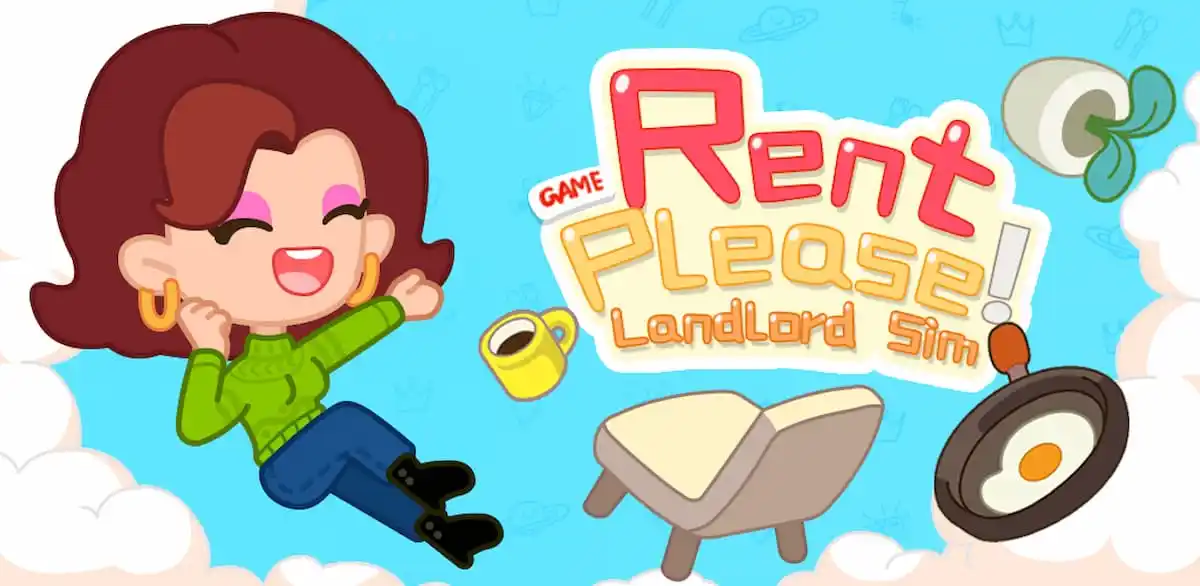

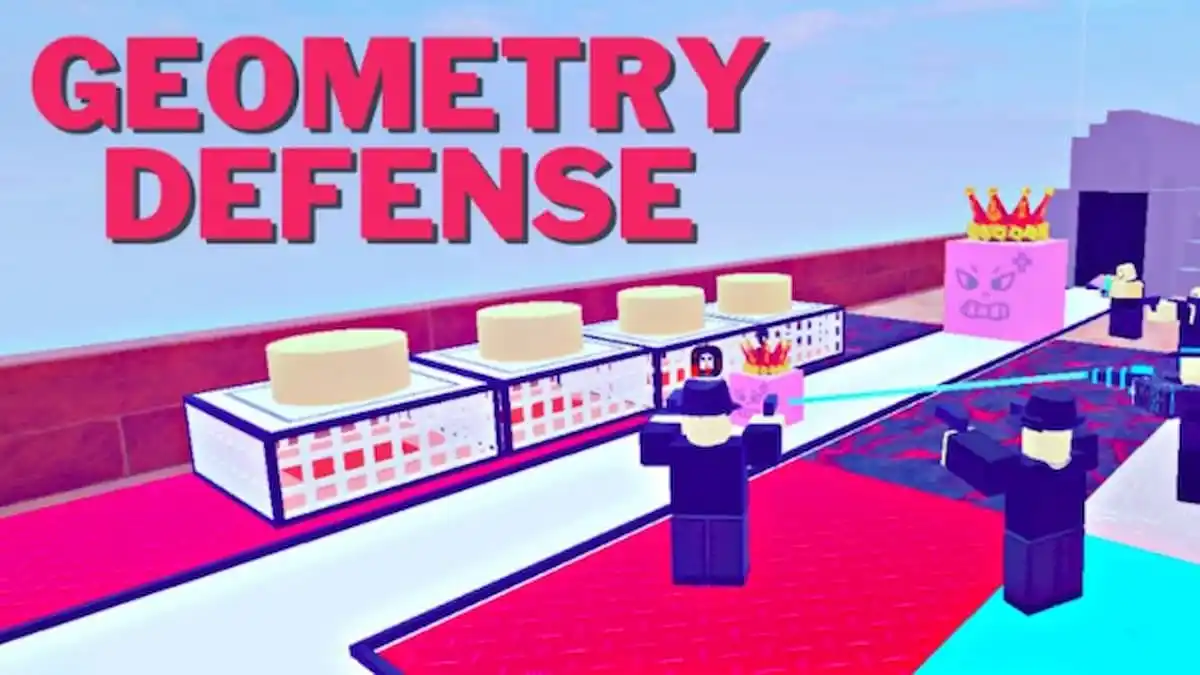
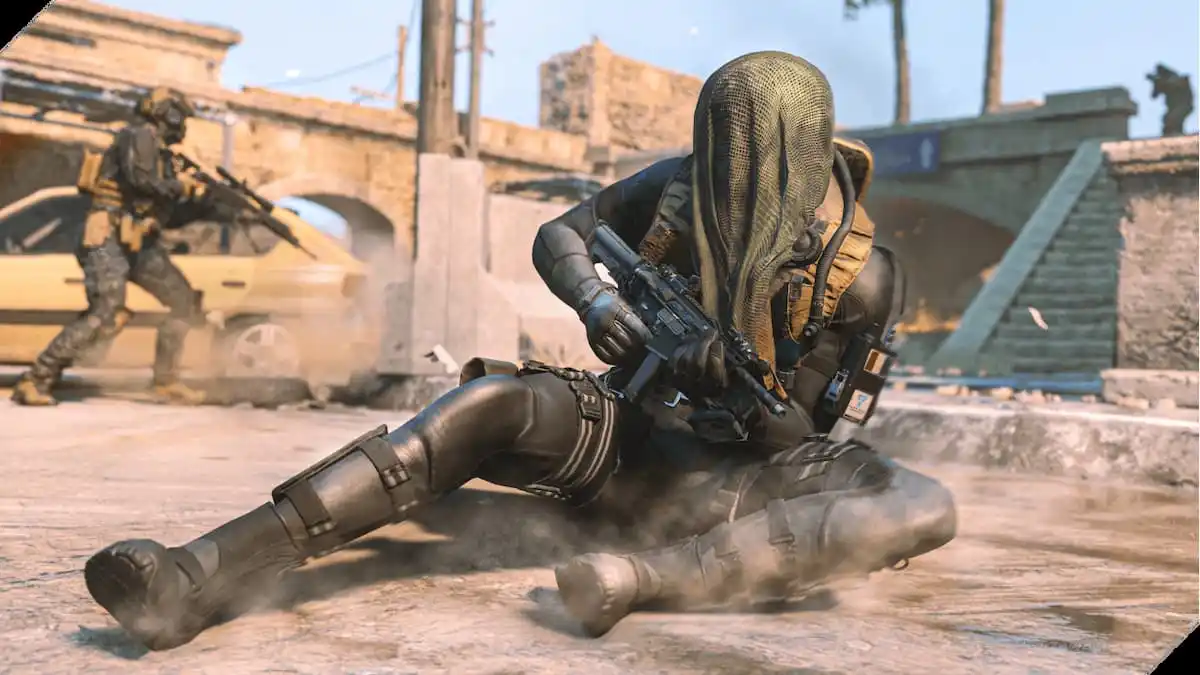
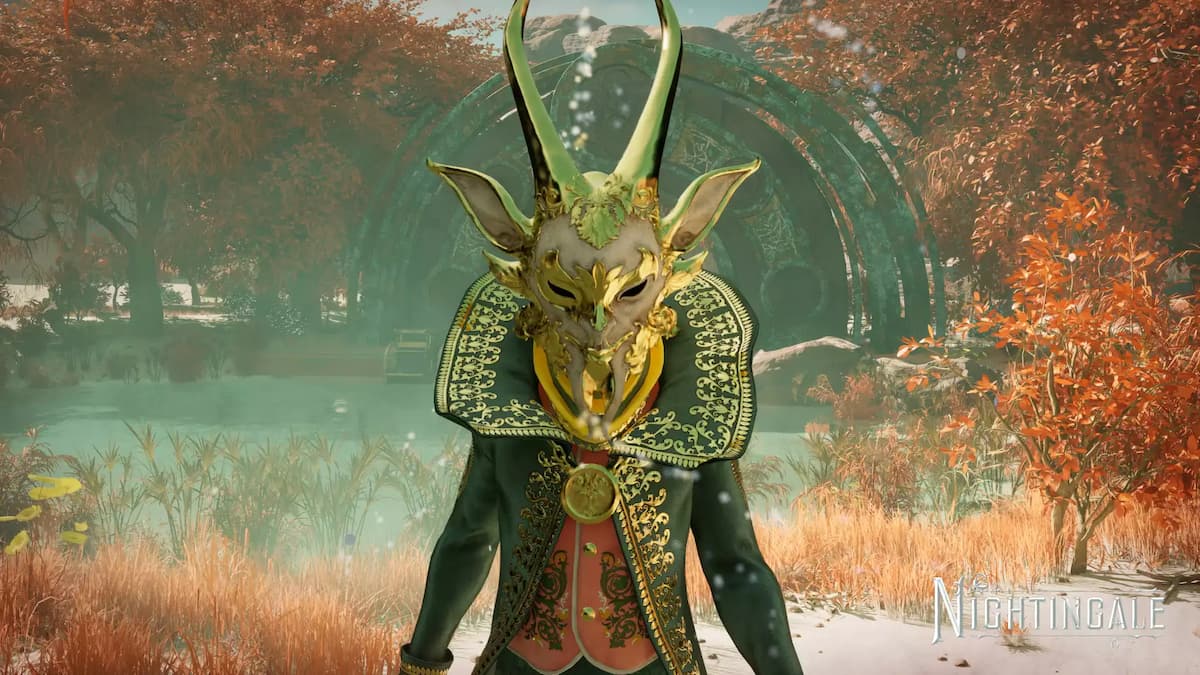
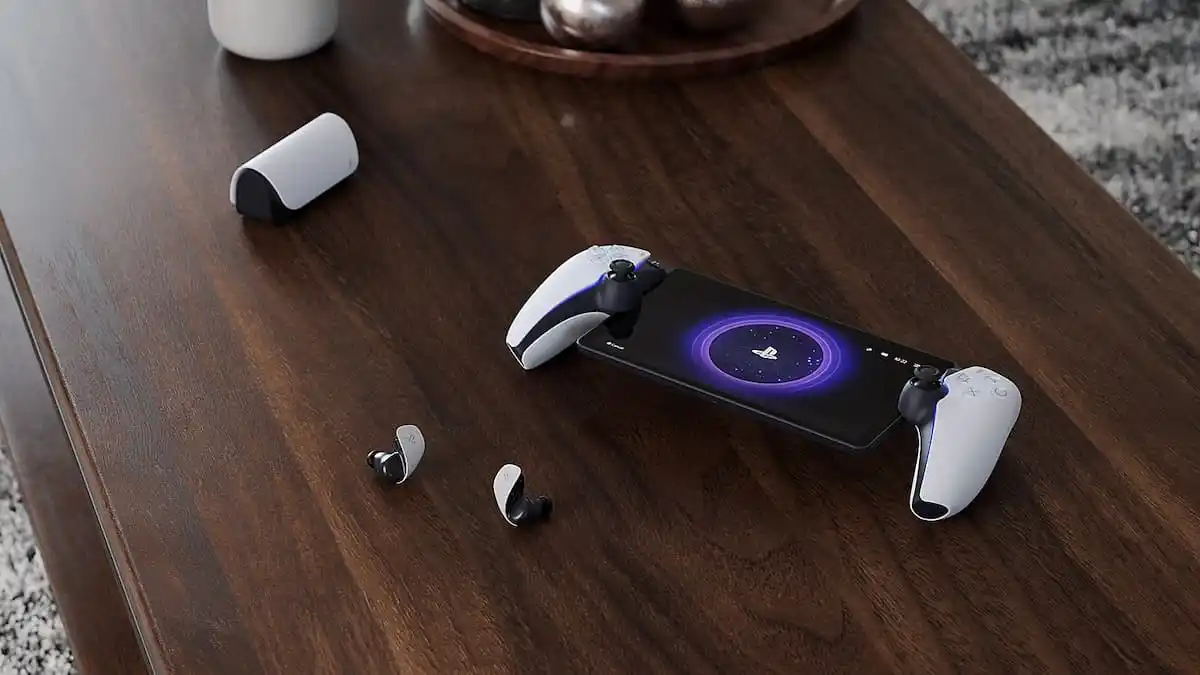
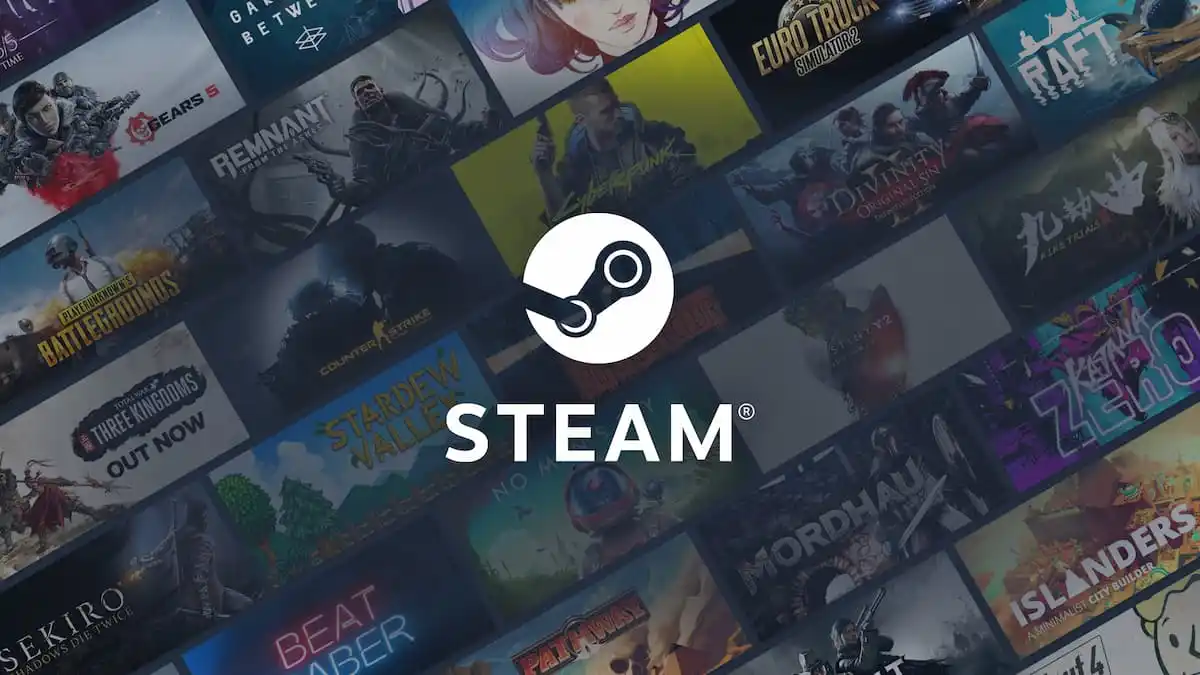

Published: Feb 10, 2023 08:53 am